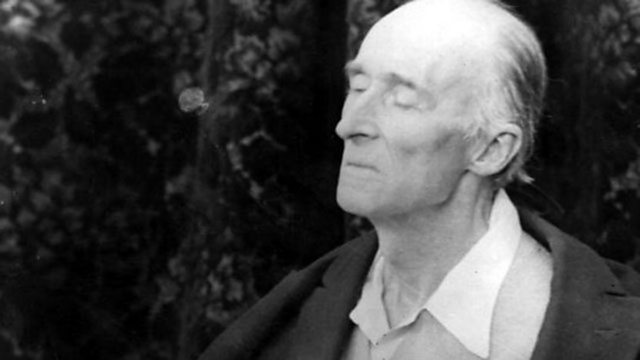Frederick Delius, a luminary of late Romanticism in classical music, was born on January 29, 1862, in Bradford, Yorkshire, England. His life story is as intriguing as his music, characterized by a relentless pursuit of artistic freedom and a deep connection to nature.
Delius was born into a prosperous mercantile family, but his passion lay in music, much to his parents’ dismay. Despite their hopes for him to join the family business, Delius left for Florida in the United States at the age of 22 to manage an orange plantation. However, his time there was more dedicated to music than agriculture. He absorbed the sounds of African American music and the ambiance of the lush landscape, which would later influence his compositions profoundly.
Returning to Europe in 1888, Delius pursued his musical ambitions with vigor, studying at the Leipzig Conservatory. His early works, influenced by the likes of Edvard Grieg and Richard Wagner, began to garner attention. However, it wasn’t until he met the German composer Edvard Grieg and later the Norwegian composer Edvard Grieg that Delius found his unique voice.
Delius’s music is characterized by its lush harmonies, evocative melodies, and vivid orchestration. His compositions often reflect his love for nature and his wanderlust, with titles such as “On Hearing the First Cuckoo in Spring” and “Summer Night on the River” capturing the essence of the outdoors.
Despite facing challenges with his health in later years, including blindness due to syphilis, Delius continued to compose with the help of his amanuensis, Eric Fenby. Their collaboration resulted in some of Delius’s most celebrated works, including the orchestral masterpiece “A Song of Summer.”
Frederick Delius passed away on June 10, 1934, leaving behind a legacy of richly textured music that continues to captivate audiences worldwide. His compositions, often overlooked during his lifetime, have since gained recognition for their innovation and emotional depth, solidifying his place as one of the most distinctive voices of the late Romantic era.


Comments are closed